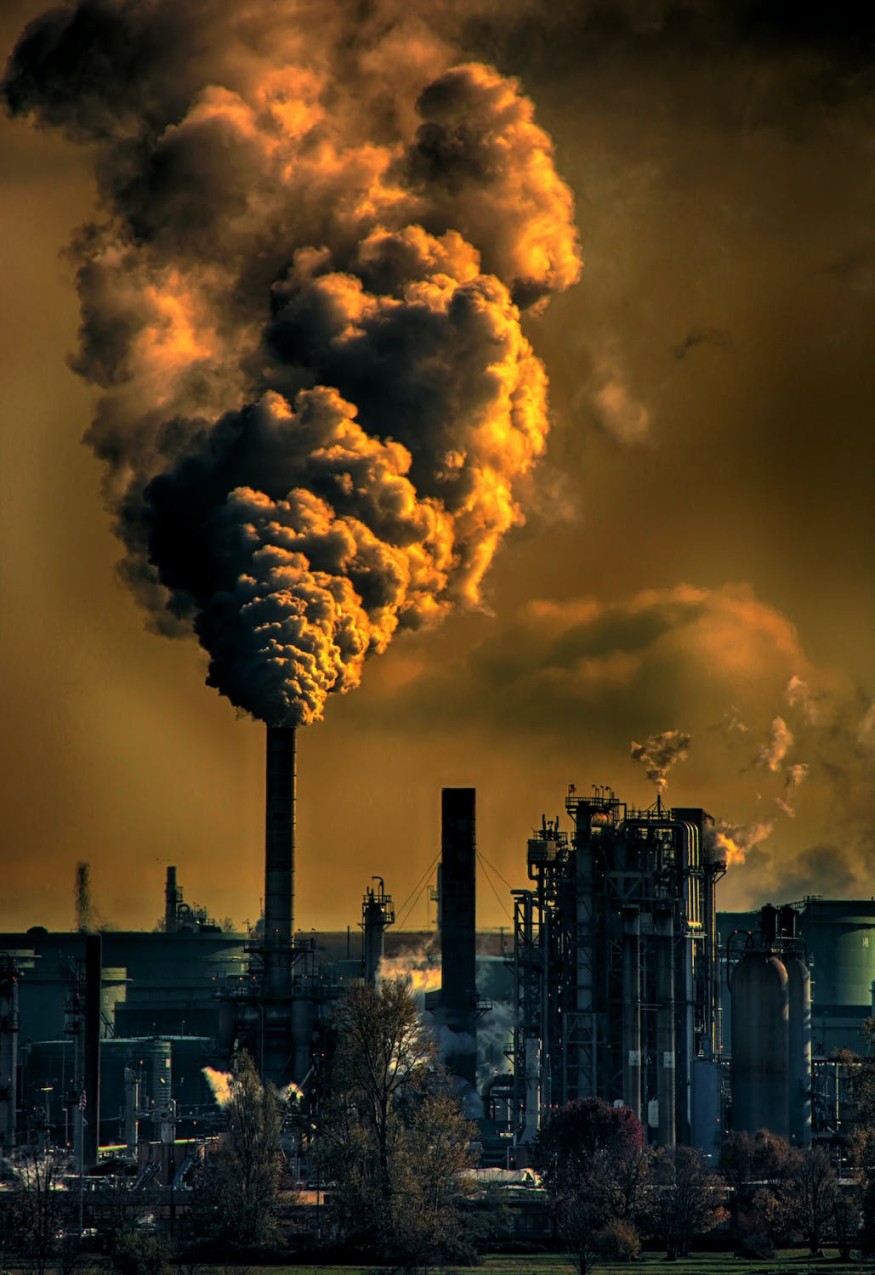
Recent studies have found out that eradicating air pollution might actually help in decreasing the spread of antibiotic-resistant bacteria.
A report on The Guardian said that there has been a connection between air pollution and the rise in antibiotic resistance, which has been observed across the globe.
The study stated that air pollution has been contributing in the increase of antibiotic resistance, which can later pose threat to the health of human beings.
Antibiotic resistance
Posted in The Lancet, the study explained that the world is already facing an era of antibiotic resistance, wherein antibiotic-treatment failure as well as mortality caused by bacterial infections are already at a high level.
A CNN report described antibiotic resistance as an occurrence that happens when a particular pathogen, such as a bacteria, parasite or fungi, develops a tolerance to a certain kind of medicine and later it will no longer work to fight those infections.
The authors of the study said that antibiotic resistance has already been considered as a severe global issue that is already causing more or less 1·27 million premature deaths across the globe in 2019. The figure had significantly exceeded the estimated 0·70 million deaths that were recorded in 2016.
It was found out by the research that air could be recognized as a direct pathway and key vector for disseminating antibiotic resistance. The study underscored that the major air pollutant, in the form of particulate matter PM2·5, has been proven to contain a diverse antibiotic-resistant bacteria and antibiotic-resistance genes.
These are then transferred among various environments, and these can be directly inhaled by humans, which can later result in respiratory-tract injury and infections.
"These findings substantiate that PM2·5 is a primary factor driving global antibiotic resistance, suggesting global health could benefit from mitigating antibiotic resistance with PM2·5 controls. Our analysis is the first report on the relationship between PM2·5 and clinical antibiotic resistance worldwide," the study indicated.
Experts said that the findings of the study have promoted the concept that human beings, animals, as well as the environments are responsible for the emergence, evolution, and dissemination of antibiotic resistance.
They added that eradicating air pollution could help reduce antibiotic resistance, adding that controlling this phenomenon could also significantly reduced deaths and economic costs that are usually stemming from antibiotic-resistant infections.
Zhejiang University Professor Hong Chen noted that antibiotic resistance and air pollution are each in their own right as among the greatest threats and risks to global health. He admitted that science still has no clear picture of the concrete link between the two but he said that the good effects of curbing air pollution could be twofold.
"Not only will it reduce the harmful effects of poor air quality, it could also play a major role in combatting the rise and spread of antibiotic-resistant bacteria," Chen said in the CNN report.
Limitations
Authors of the study admitted that there are still limitations to their research.
They said that not all countries have enough data to understand the real depth of the problems when it comes to antibiotic resistance. According to them, it is difficult to compare the results between countries because the level of pollution and the antibiotic resistance levels could be measured differently.
Scientists still need to do a lot more research on the possible connection between pollution and the growth of antibiotic resistance.
Related Article : Air Pollution vs. Ozone Pollution Seesaw: Impacts on Health, Agriculture, Environment, Scientists Warn
Related Video:
© 2025 NatureWorldNews.com All rights reserved. Do not reproduce without permission.





